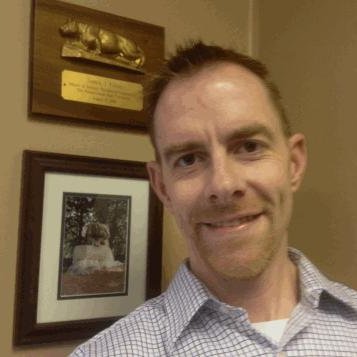OVERVIEW
REQUEST FOR ACCESS FORM BELOW
A substantial number of industrial, commercial, and institutional coal-fired boilers can realize significant emissions reduction and potential fuel and operating cost savings by fully converting to natural gas firing. Co-firing solid fuels with natural gas can also give similar results. Owners and operators are increasingly modifying their grate fired combustion systems to fully replace stoker coal with natural gas as a means to reduce emissions, provide ease of operations, and to potentially lower costs. Alternatively, solid fuel with gas co-firing is a growing combustion system enhancement that provides fuel flexibility, improved load response, emissions compliance, and potential increases in operating efficiency.
Once the decision has been made for full conversion of coal to natural gas, or adoption of solid fuel with gas co-firing, it is important to select a technology provider capable of not only providing the appropriate burners, but one that can address the complete conversion scope. In addition to engineering and supply of the burner registers and burner management system, projects usually require supply or modification of fuel trains, windboxes, and forced draft fans. The ideal provider should also provide turnkey installation, startup, and aftermarket support services.
In this informative webinar, Jim Feese, Burner Group Director for Detroit Stoker Company, will review key project drivers and performance benefits for both complete conversions from coal to gas and solid fuel with gas co-firing, specifically for solid fuel boilers up to 500 MM Btu/hr in size. Specific topics will include:
Full conversion project drivers:
Capital / maintenance costs
Emissions reduction
Improvements in reliability and operation
Solid fuel with gas co-firing specific advantages:
Improved safety on start-up
Better load swing response
Less downtime due to solid fuel supply disruption
Vertically fired vs. horizontally fired conversions – key considerations
Advantages of achieving high turndown and fast load response with gas firing
In addition, project details and performance for three gas conversion projects for industrial/institutional boilers will be presented:
200,000 lb/hr with superheat coal-gas cofire retrofit at major university
2 x 80,000 lb/hr with superheat coal to gas vertical conversion at manufacturing facility
2 x 80,000 lb/hr start-up and biomass co-firing with shut-off gates for “burner off” operation at wood products manufacturer
Attendees are encouraged to ask questions which will be answered during the Q&A session of the webinar.
PRESENTERS
Jim Feese | Director, Burner Group | Detroit Stoker
Jim Feese is currently Director of the Burner Group at Detroit Stoker Company; he is responsible for the Sales and Engineering of the Burner product line and pursuit of further growth in gas and liquid fired combustion applications. Jim has over 19 years of experience in the combustion field and has authored and co-authored numerous publications on gas and oil burners and emissions. He has an extensive background in burner product development and holds several burner patents. He received both his Bachelor and Master’s degrees in Mechanical Engineering from The Pennsylvania State University and is a member of the ASME.
Rich Clasby | Business Development Manager | Detroit Stoker
Rich Clasby is currently Business Development Manager for Detroit Stoker Company Burner Group. He is responsible for Sales and Sales Channel Development for the Burner system product offering. Rich has 25+ years of experience in application engineering, sales, sales/marketing management, and general management in the industrial combustion field, including direct experience in more than 25 countries around the world. Rich received a Bachelor of Science in Mechanical Engineering from the University of Cincinnati, and completed an Executive Development Program at Stanford University/National University of Singapore.




